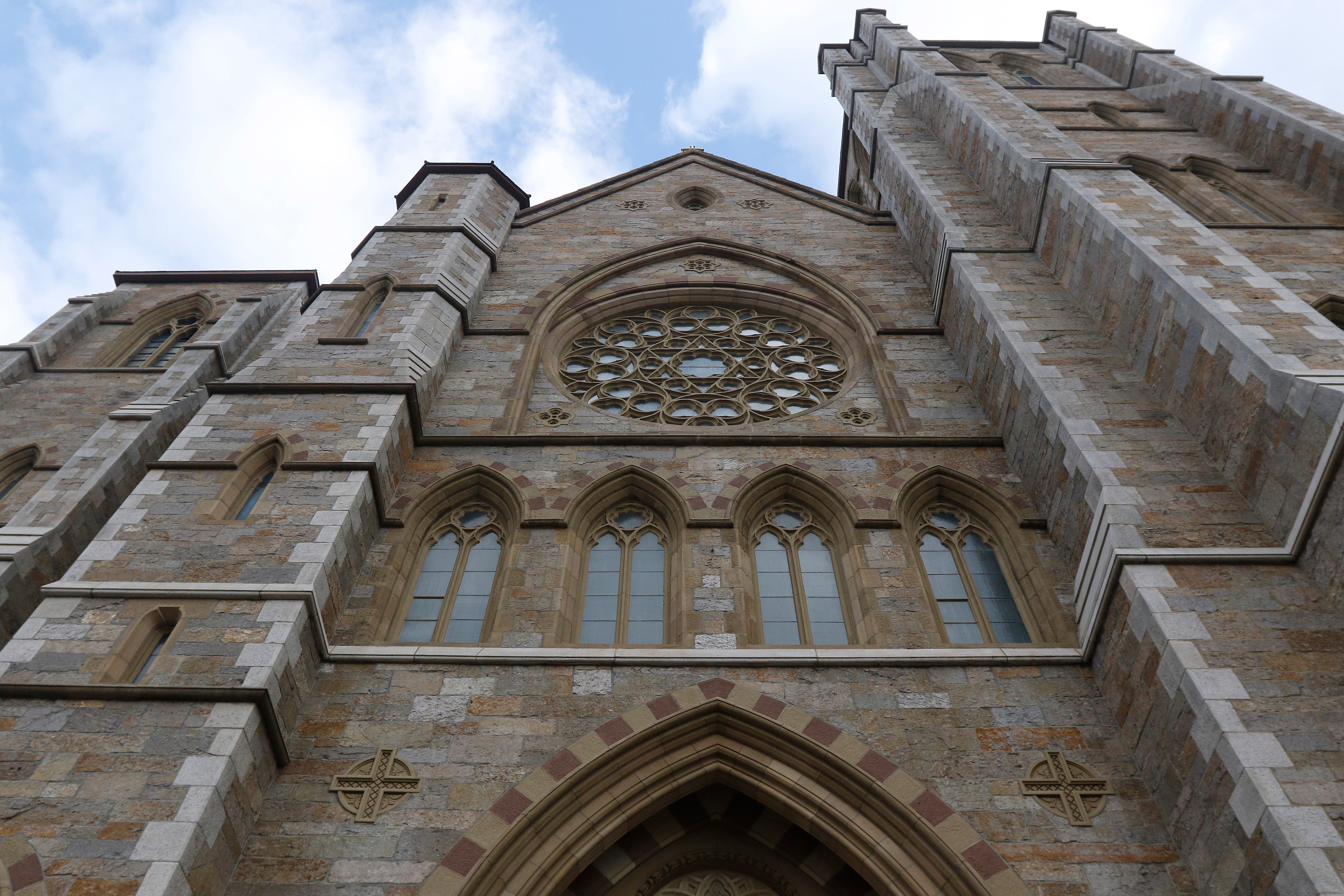Things to Know: Catholic Church got $1.5B in US virus relief
An Associated Press investigation has found that scores of Roman Catholic dioceses in the U.S. had more than $10 billion in cash and other readily available funds when they received at least $1.5 billion from the federal government’s small business emergency relief program

Your support helps us to tell the story
From reproductive rights to climate change to Big Tech, The Independent is on the ground when the story is developing. Whether it's investigating the financials of Elon Musk's pro-Trump PAC or producing our latest documentary, 'The A Word', which shines a light on the American women fighting for reproductive rights, we know how important it is to parse out the facts from the messaging.
At such a critical moment in US history, we need reporters on the ground. Your donation allows us to keep sending journalists to speak to both sides of the story.
The Independent is trusted by Americans across the entire political spectrum. And unlike many other quality news outlets, we choose not to lock Americans out of our reporting and analysis with paywalls. We believe quality journalism should be available to everyone, paid for by those who can afford it.
Your support makes all the difference.Here’s what’s happening Thursday with the coronavirus pandemic in the U.S.:
THREE THINGS TO KNOW TODAY:
— An Associated Press investigation has found that scores of Roman Catholic dioceses in the U.S. had more than $10 billion in cash and other readily available funds when they received at least $1.5 billion from the federal government’s small business emergency relief program. The Paycheck Protection Program was intended for employers who were badly battered by coronavirus lockdowns. Instead of suffering financially, however, many dioceses are reporting in audited financial statements that these assets ended up growing during the economic downturn. Overall, Catholic Church recipients were perhaps the paycheck program’s biggest beneficiaries. Church officials say they needed government relief to pay staff because donations from the faithful slowed when churches were ordered to close.
— The U.S. fell behind in the race to detect dangerous coronavirus mutations despite its world-class medical system and vaunted Centers for Disease Control and Prevention, and it’s only now beginning to catch up. The problem has not been a shortage of technology or expertise. Rather, scientists say, it’s an absence of national leadership and coordination, plus a lack of funding and supplies for overburdened labs trying to juggle diagnostic testing and the hunt for mutations.
— The number of Americans seeking unemployment benefits fell to 779,000 last week, a historically high total that shows that a sizable number of people are still losing jobs to the pandemic. The job losses were fewer than the 812,000 that were lost the previous week and the fewest in two months, the Labor Department said Thursday. Before the virus began spreading rapidly in the U.S. in March, weekly applications for jobless aid had never topped 700,000, even during the Great Recession.
THE NUMBERS: According to data through Feb. 3 from Johns Hopkins University, the seven-day rolling average for daily new cases in the U.S fell during the past two weeks, from about 193,717 on Jan. 20 to 136,995 on Feb. 3. During the same period, the seven-day rolling average for daily new deaths rose from roughly 3,056 to 3,086.
QUOTABLE: “We’re 43rd in the world in genomic sequencing. Totally unacceptable,” White House coronavirus response coordinator Jeff Zients said about the United States' efforts to catch up in the race to detect mutant viruses.
ICYMI: A Wisconsin woman finally got to meet the daughter she gave birth to three months ago. Kelsey Townsend, 32, was in a medically induced coma with COVID-19 when she gave birth to Lucy via cesarean section on Nov. 4 at a hospital in Madison. After spending 75 days on life support, she got to meet her bright-eyed daughter on Jan. 27. Townsend who was discharged from the hospital that day, says she and Lucy instantly bonded.
ON THE HORIZON: As the U.S. economy undergoes an uneven recovery from the coronavirus, many small business owners face a tough decision on whether and when to take on employees. Many owners rebuilding or starting anew after losing companies don’t plan robust hiring anytime soon. Owners who laid off workers can’t make commitments because of uncertainty about when the pandemic will end. For many owners, it’s a question of how comfortable customers will feel about gathering in enclosed spaces such as restaurants, stores and gyms. For owners who lost businesses and started over, it’s too soon to know if their new companies will succeed.
___
Find AP’s full coverage of the coronavirus pandemic: https://apnews.com/hub/coronavirus-pandemic